4. Risk Assessment
Best Practice Guidelines

Have the full support and commitment from the Board and other senior management

Involve the right people to ensure a sufficiently informed and complete overview of the business and its risks

Be comprehensive, taking account of all activities of the business which may create significant bribery risk

Avoid preconceptions about the effectiveness of controls or the integrity of employees and third parties, and therefore focus on inherent risk

Identify and describe bribery risks in appropriate detail

Evaluate bribery risks by reference to a realistic assessment of likelihood and impact

Prioritise bribery risks to the extent that this is practical and meaningful

Be documented in such a way as to demonstrate that an effective risk assessment process has been carried out

Be regular, performed at appropriate intervals and otherwise in the event of significant changes affecting the business

Be communicated effectively, and designed in a way that facilitates effective communication and the design of appropriate policies, programmes and controls

